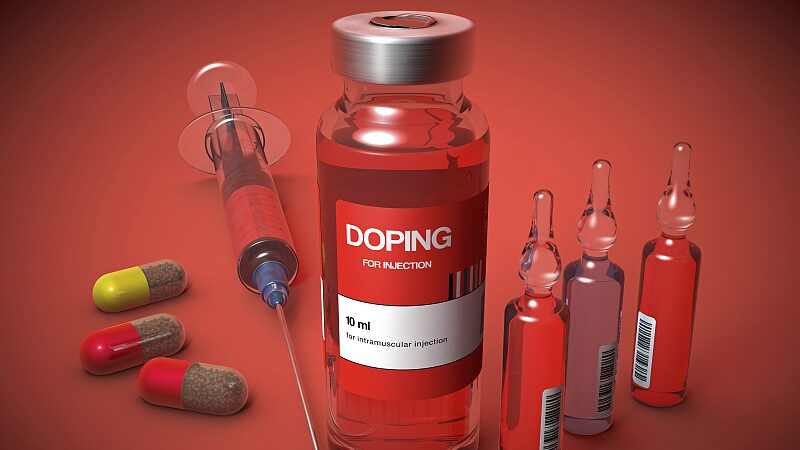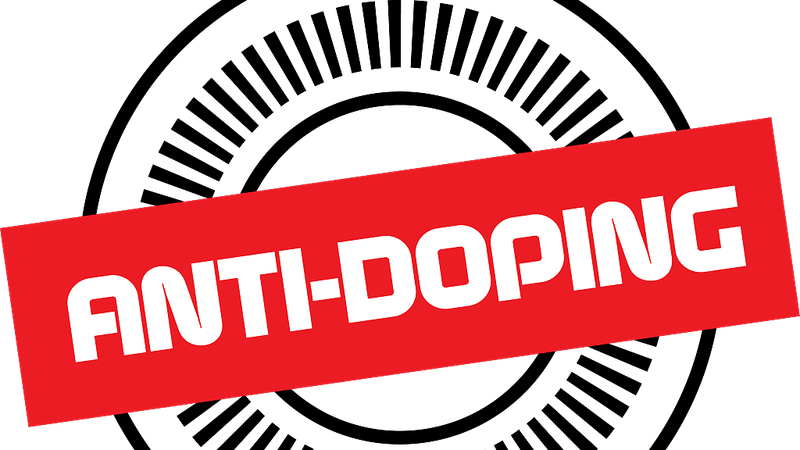From Tokyo to Paris: The Doping Debate Heats Up 🌍💊
Months after the Paris Olympics swimming events wrapped, a storm rages over U.S. allegations of doping by Chinese athletes. Accusations of bias, cover-ups, and double standards have turned this into a geopolitical tug-of-war, with the World Anti-Doping Agency (WADA) caught in the crossfire. Here’s the breakdown:
How Did It Start? 🕵️♂️
In April 2024, the New York Times reported that 23 Chinese swimmers tested positive for a banned substance (TMZ) ahead of the 2021 Tokyo Olympics but faced no penalties. WADA called the claims \"false\" and launched an independent review, which later cleared China of wrongdoing. Meanwhile, U.S. lawmakers pushed for a federal investigation under the controversial Rodchenkov Act—a law critics call a tool for \"long-arm jurisdiction.\"
WADA’s Warning: Politics Over Science? ⚖️
WADA President Witold Banka slammed the U.S. for \"politically motivated\" attacks, warning that America risks isolation in global sports governance. A BBC interview revealed WADA’s frustration: \"Certain U.S. figures are scoring points because the athletes are Chinese,\" said spokesperson James Fitzgerald. A recent CGTN poll found over 90% of global respondents criticized U.S. \"double standards\" in doping regulation.
U.S. Faces Backlash Over Its Own Athletes 🏃♂️🚨
China’s anti-doping agency (CHINADA) fired back by highlighting cases like U.S. sprinter Erriyon Knighton, who avoided sanctions despite a positive test. Reuters then exposed a USADA scheme letting American athletes compete for years without penalties. WADA called it \"ironic and hypocritical,\" while Chinese swimmer Xu Jiayu, after winning gold in Paris, declared: \"We follow the rules—it’s in our genes.\"
With Chinese athletes tested 21 times pre-Olympics vs. 6 for Americans, the debate rages: Is this about fair play—or politics? 🤔🏅
Reference(s):
All you need to know about the U.S. push on Chinese doping narratives
cgtn.com


